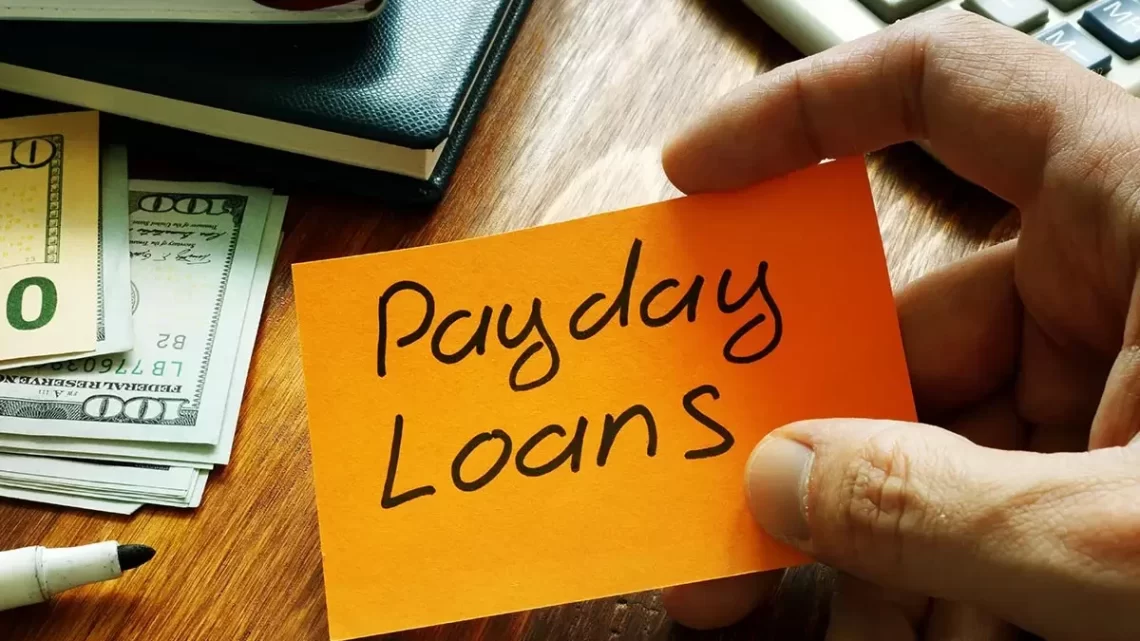Payday loans have become a common source of quick cash for many individuals facing unexpected financial shortfalls. However, before considering a payday loan, it’s crucial to understand how they work, the potential benefits and drawbacks, and alternative options available.
I. Definition and Purpose of Payday Loans
A payday loan is a short-term, high-cost loan typically for $500 or less. It’s designed to bridge a financial gap until your next payday. To qualify, you generally need a valid ID, proof of income (like a pay stub), and a bank account for electronic deposit.
II. The Mechanics of Payday Loans
The application process for a payday loan is straightforward. You can apply online or visit a physical storefront lender. Documents required typically include proof of income and a valid ID. Approval is usually quick, and funds are often disbursed electronically within the same business day.
Repayment terms are short, typically due on your next payday, which is often two to four weeks away. The loan amount, plus a hefty fee, is typically deducted electronically from your bank account on the due date.
III. Pros and Cons of Payday Loans
Pros:
- Quick and Convenient: Payday loans offer rapid access to cash, with minimal eligibility requirements compared to traditional loans.
- Fulfills Immediate Needs: They can help cover unexpected expenses like car repairs or medical bills.
Cons:
- High-Cost Borrowing: Payday loans come with high-interest rates and fees, often translating to an Annual Percentage Rate (APR) exceeding 400%.
- Debt Trap Potential: The short repayment term coupled with high fees can trap borrowers in a cycle of debt, as they may need to take out another loan to repay the first.
IV. Governing Laws and Safeguards for Consumers
Payday loan regulations vary by state. Some states have banned payday loans altogether, while others impose limitations on interest rates, loan amounts, and rollovers (extending the repayment term).
Before taking out a payday loan, research your state’s regulations to understand consumer protections available.
V. Alternatives to Payday Loans
Alternatives:
- Personal Loans: Banks and credit unions offer personal loans with lower interest rates than payday loans. However, qualification may be stricter, requiring good credit history.
- Credit Cards: Using a credit card for emergencies can be an option, but be mindful of incurring high interest charges if not paid off promptly.
- Emergency Savings: Building an emergency fund is a long-term solution. Even small, regular contributions can create a safety net for unexpected expenses.
VI. Conclusion
These loans offer quick access to cash but come with high costs. Carefully weigh the pros and cons before borrowing. Explore alternative options and consider building an emergency savings plan for long-term financial security. Utilize payday loans responsibly, as a last resort, and only borrow what you can afford to repay on time.

